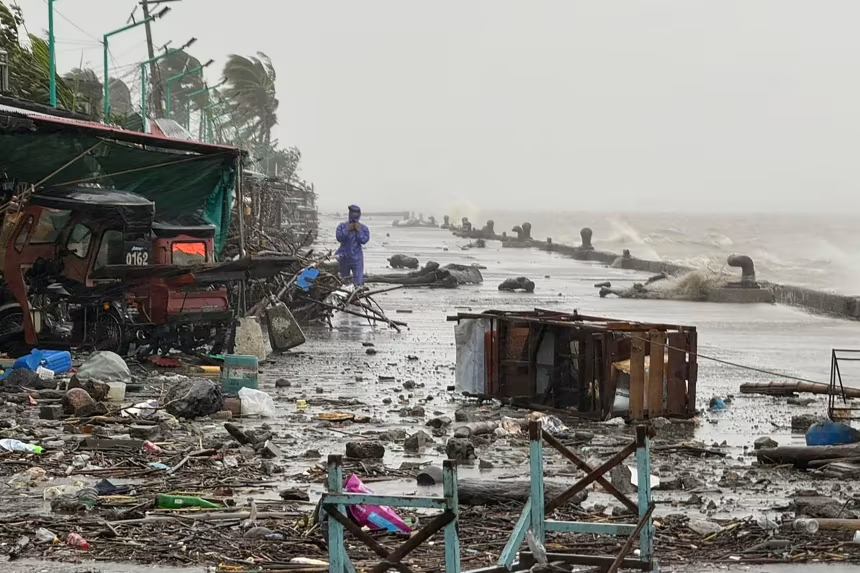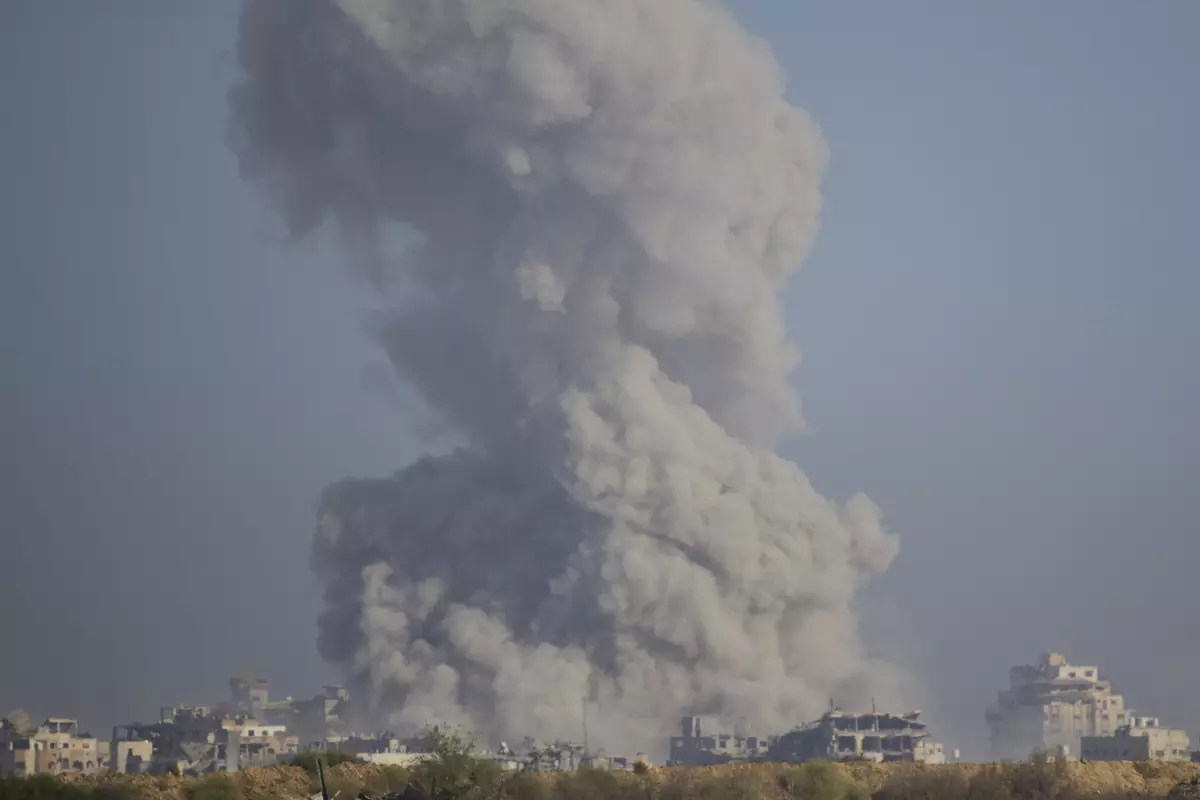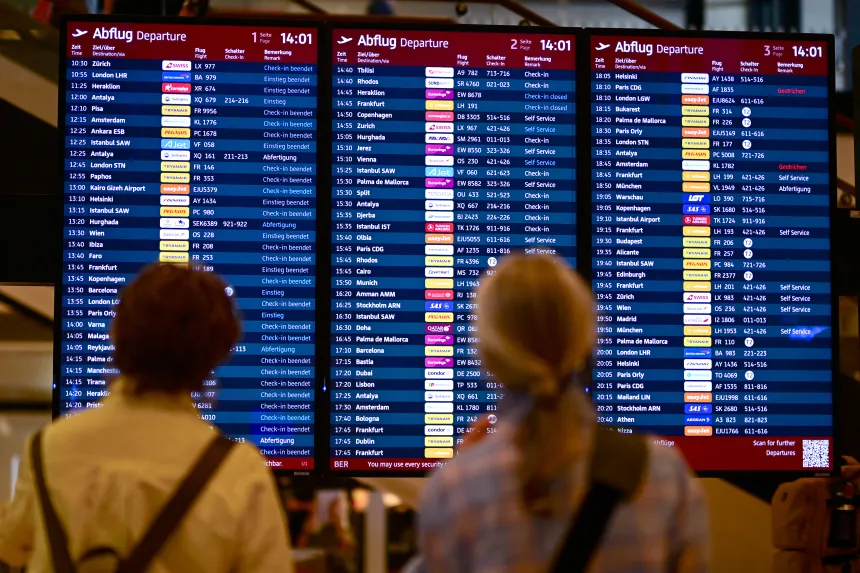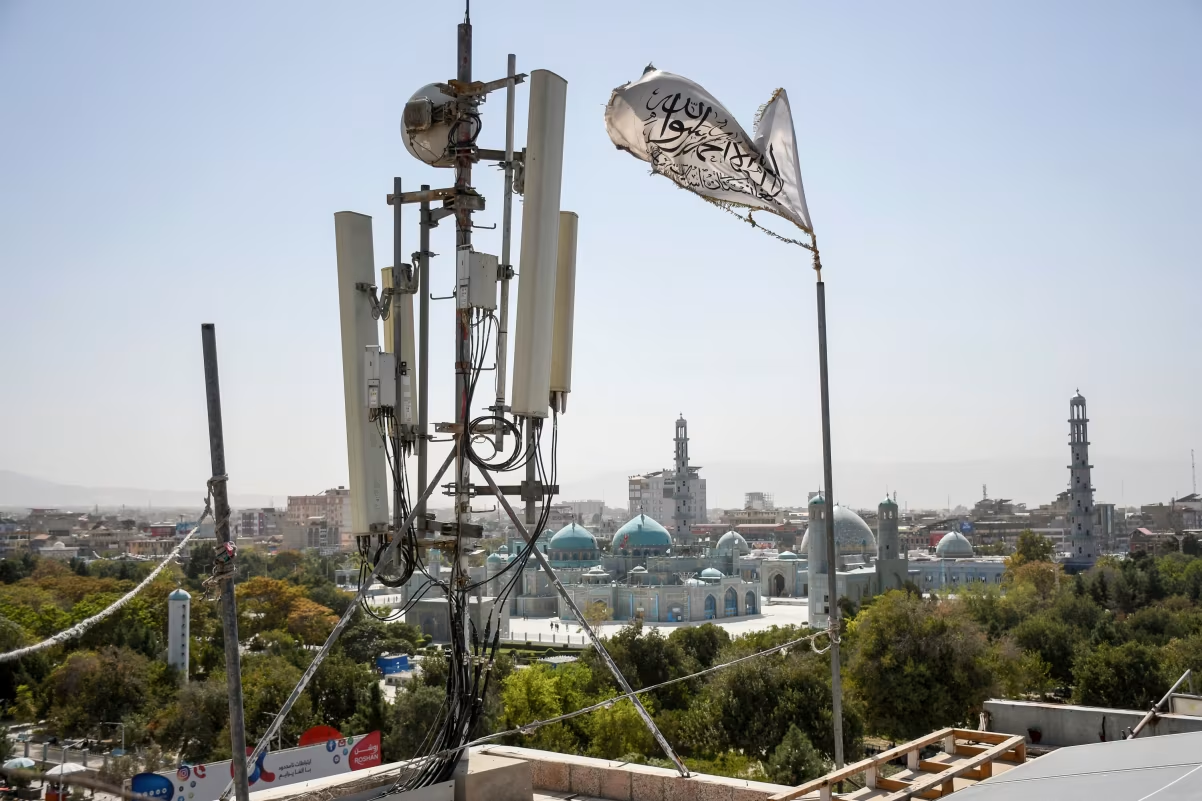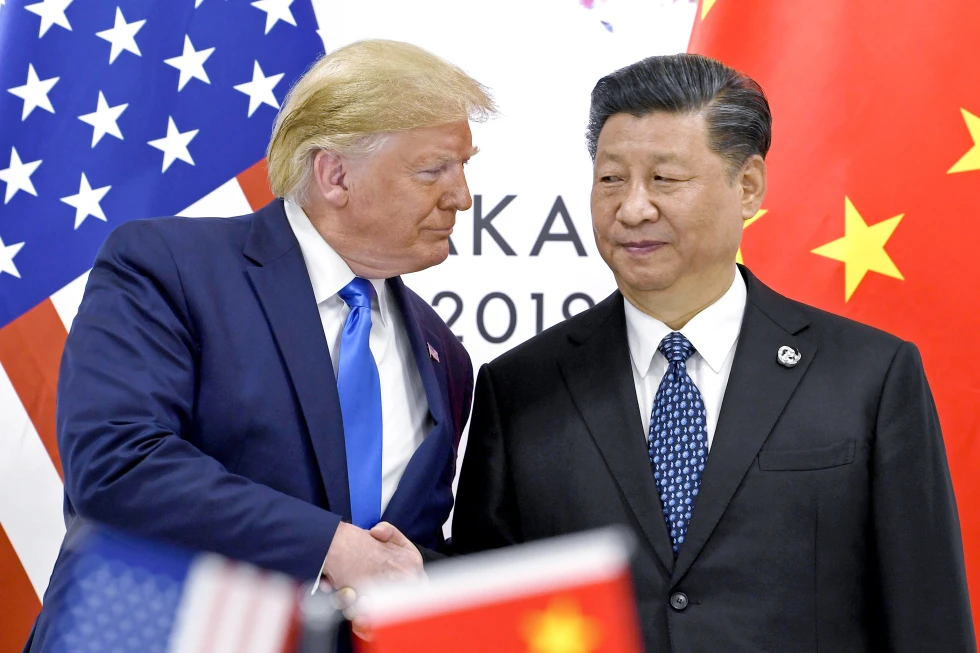The World Health Organization (WHO) has raised alarm over severe funding shortfalls that have disrupted healthcare services in at least 70 countries, leaving millions without access to essential medical treatment.
Speaking at the World Health Assembly on Monday, WHO Director-General Dr. Tedros Adhanom Ghebreyesus said that funding cuts are having devastating impacts globally. “Patients are missing out on treatments, health facilities have shut down, healthcare workers have lost their jobs, and individuals are forced to pay more out-of-pocket for care,” he said.
The WHO itself is facing a $600 million budget gap this year and anticipates a 21% reduction in funding over the next two years. As a result, the organization has revised its biennial budget down to $4.2 billion—equivalent to just $2.1 billion annually.
To put the financial strain into perspective, Dr. Tedros pointed out that this annual figure equals what the world spends on military activities every eight hours.
The crisis comes at a time when the United States—previously WHO’s largest contributor—is planning to withdraw from the organization. This shift would make China the largest contributor of assessed state fees, a key source of WHO’s core funding along with voluntary donations.
From mpox outbreaks to ongoing cholera crises, WHO officials, global donors, and diplomats are meeting in Geneva this week to discuss how to address mounting public health challenges amid dwindling financial support.
Tedros noted that several health ministers have expressed concerns about the sudden drop in bilateral aid, saying it is disrupting national health systems and endangering millions of lives.
He urged countries to re-evaluate their spending priorities. “Nations invest heavily in military defense, yet spend relatively little to protect their citizens from invisible threats like disease, which can cause far greater harm,” he said.
In response to the financial crunch, the WHO has already begun downsizing. Last week, it cut half of its senior leadership team and continues to scale back operations, personnel, and program scope worldwide.
The organization emphasized that without urgent and sustained investment, global health systems could face even more severe disruptions, leaving vulnerable populations at risk.





